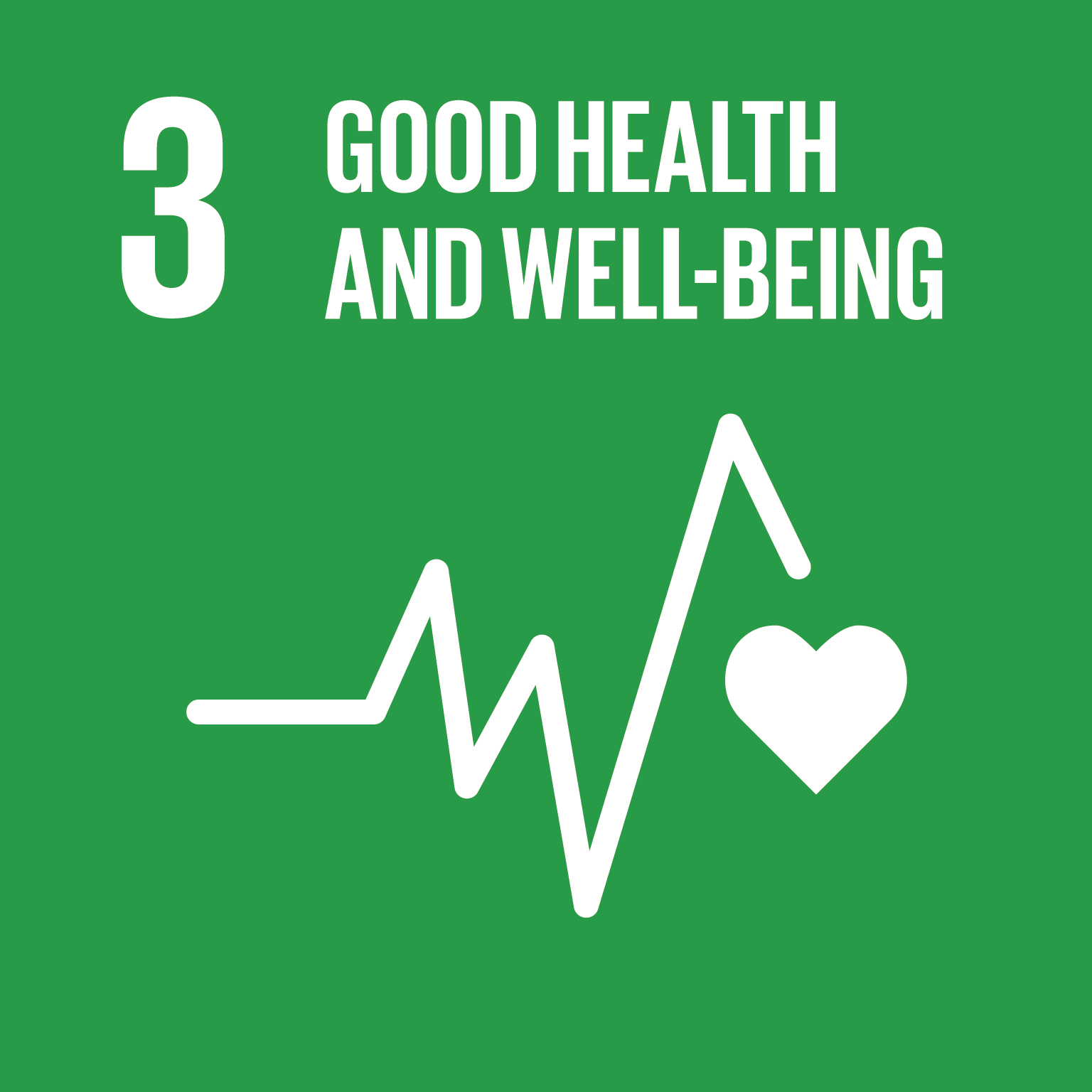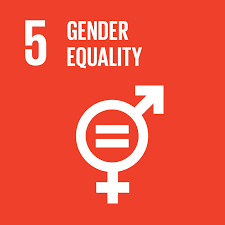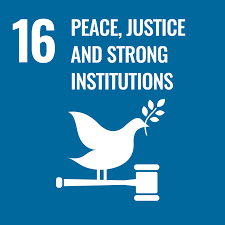Ending gender inequalities: Addressing the nexus of HIV, drug use, and violence with evidence-based action, April 12-13, 2016
Edited by Wendee M. Wechsberg, Stephanie Hawkins Anderson, Brittni Nicole Howard.
April 2017 Open Access Peer Reviewed
DOI: 10.3768/rtipress.2017.cp.0003.1704
Abstract
The RTI Global Gender Center held an action conference in Chapel Hill, North Carolina, on April 12-13, 2016. The overarching goals of the conference, titled Ending Gender Inequalities: Addressing the Nexus of HIV, Drug Use, and Violence with Evidence-Based Action, were to facilitate networking and to establish new collaborations, to broaden understanding of evidence-based science, and to address the challenges and solutions needed to scale up effective programs. Nearly 30 countries were represented, with 246 in-person attendees and 75 attending via live global streaming. The conference brought together leading gender experts, civil society members, policymakers, survivors, implementing partners, and students from around the world with the passion and commitment to make a difference in ending gender inequalities. These proceedings summarize the 13 plenary speakers and panelists who shared their expertise on HIV, drug use, gender-based violence, campus sexual assault, policy and funding, and the need to scale up effective programs. Nine breakout sessions featured 29 talks on evidence-based research at the nexus of HIV, drug use, and gender-based violence. Additionally, 55 posters were presented. The conference concluded with actionable future steps that include priority areas and suggestions for scaling up globally.
![]() © 2025 RTI International. This work is licensed under a Creative Commons Attribution-NonCommercial-NoDerivatives 4.0 International License.
© 2025 RTI International. This work is licensed under a Creative Commons Attribution-NonCommercial-NoDerivatives 4.0 International License.
To contact an author or seek permission to use copyrighted content, contact our editorial team



